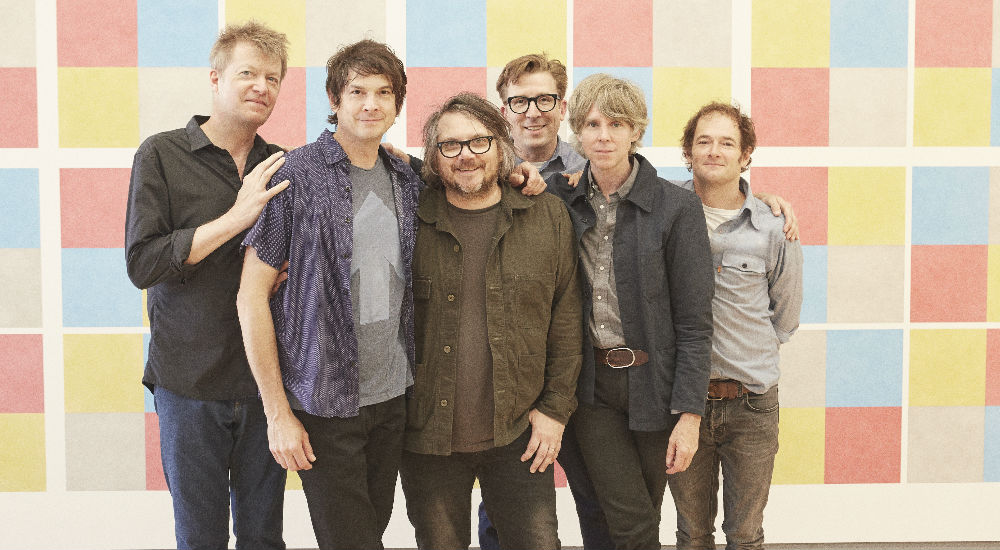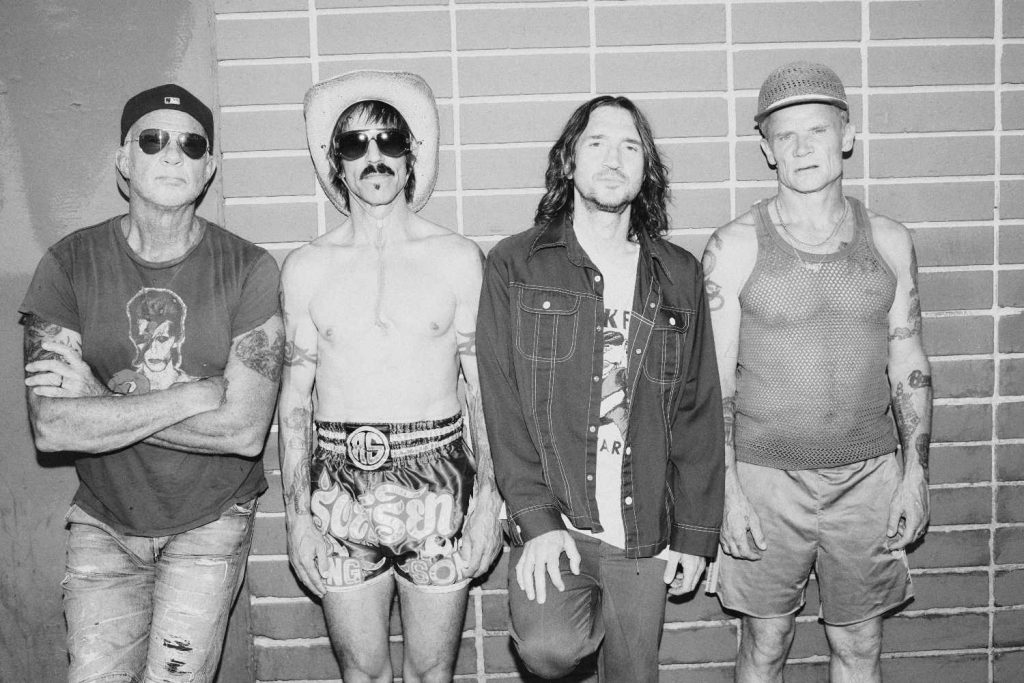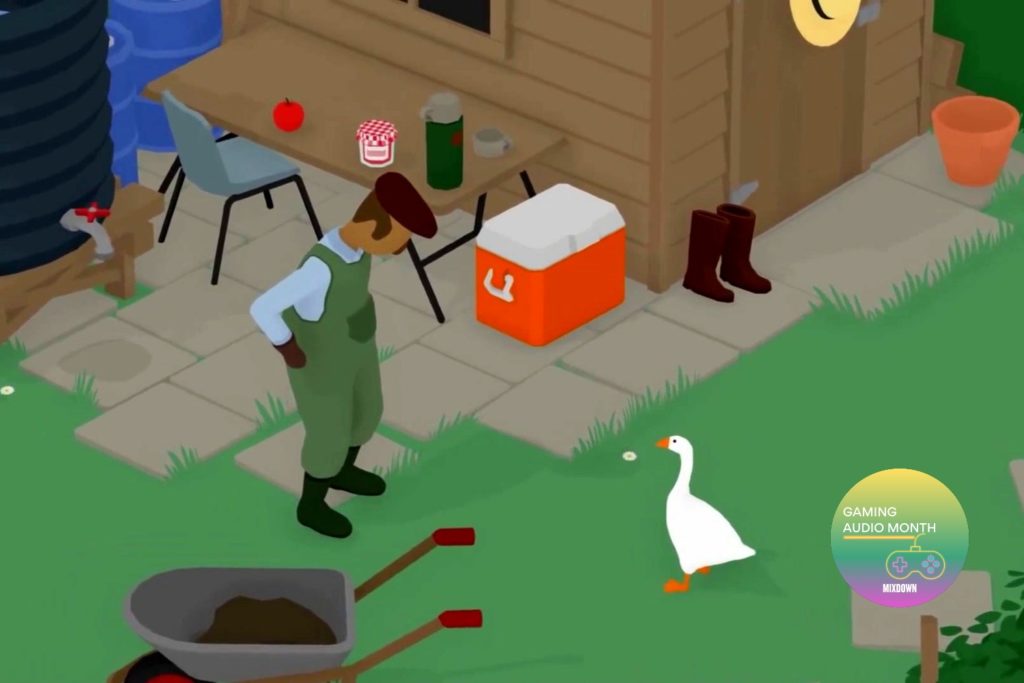Today, he’s the noisiest cog in the Wilco machine – one that has been operating so long, Cline jokingly compares it to the Rolling Stones. The stock standard phrase used to describe Cline in Wilco interviews is the experimental wildcard; separate from the moody cerebralism of frontman Jeff Tweedy. It’s not something he’s entirely comfortable with; neither does he like his guitar acumen being complimented. Reminded that Rolling Stone called him one of the hundred greatest guitarists of all time, he scoffs (“It’s lovely but it’s stupid”).
As Wilco begins to tour their 11th studio album, Ode to Joy, a sparse and disconsolate collection, Cline can hardly catch a break – apart from tonight, when he loses track of time while out to dinner and causes a music journalist pileup on the phone conference line. He’s apologetic, but in good spirits; unlike the sound of Ode to Joy. The album sounds like it was recorded in an open field, in part because it was parsed together by demos recorded by just drummer Glenn Kotche and Tweedy in Wilco’s renowned recording hovel The Loft.
“I think Jeff had a very specific idea orchestrally and architecturally about what the drum identity was going to be on this record. It was gonna be different; it was gonna be stark; it was going to be march-like and intense,” Cline says.
The key to the sparseness, Cline adds, is an almost total lack of cymbals (“Check it – I think there’s only three” – I couldn’t hear any). Curiously for a record with a personal tone, Ode to Joy has attracted a “political” label – ‘Before Us’s rallying cry of “remember when wars would end?” in particular – though that’s new to Cline.
“If it’s a protest record of the soul and the spirit, then yeah, I’m cool with that,” he laughs.
The heaviness of Tweedy’s lyrics on the record is swaddled ironically in some of Wilco’s brightest ever arrangements; a form borne of Tweedy’s compositional process, according to Cline.
“Jeff is always subtly supportive, yet at the same time will prod me or any of us, into strategies or some kind of musical methodology that will elicit the feeling that he is looking for – which sometimes can be elusive to me,” Cline says.
“On this record, more than once he said ‘That was great, but it wasn’t despondent enough’. And, I said ‘This song is in D Major, I didn’t think it was despondent’.”
Ode to Joy’s quiet volume has led some fans to assume Cline was deliberately restrained by Tweedy. But Cline says that’s not true; besides, many of the lead guitar takes are simply those recorded by Tweedy trying to communicate ideas.
“It’s the intent of the song that matters, it doesn’t matter who plays what,” he adds.
There’s also a sizable gulf between the size of the venues Wilco are slated to play and the record’s energy, but it’s not one Cline is afraid of; their setlist contains an average of eight songs from Ode to Joy.
“In the past, I would say that we would tread more carefully about playing too much of the quiet material – maybe avoid it in a way? I think the attitude now is that we don’t care,” Cline laughs.
The no-care attitude is something Cline enthuses about with Wilco (“my comrades”) and his own music making throughout our chat.
“The mutual respect that we have and I don’t know what you wanna call it; it’s chemistry! It changed my life. I wasn’t trying to be dragged out of obscurity but it definitely put me in full view of a range of people I never expected to be in full view of,” Cline says.
“That’s a great gift from Wilco. It’s a band with no hits and no direction other than the direction that we go in. We don’t have to kowtow to the past.”
Ode to Joy is out now via dBpm Records.







